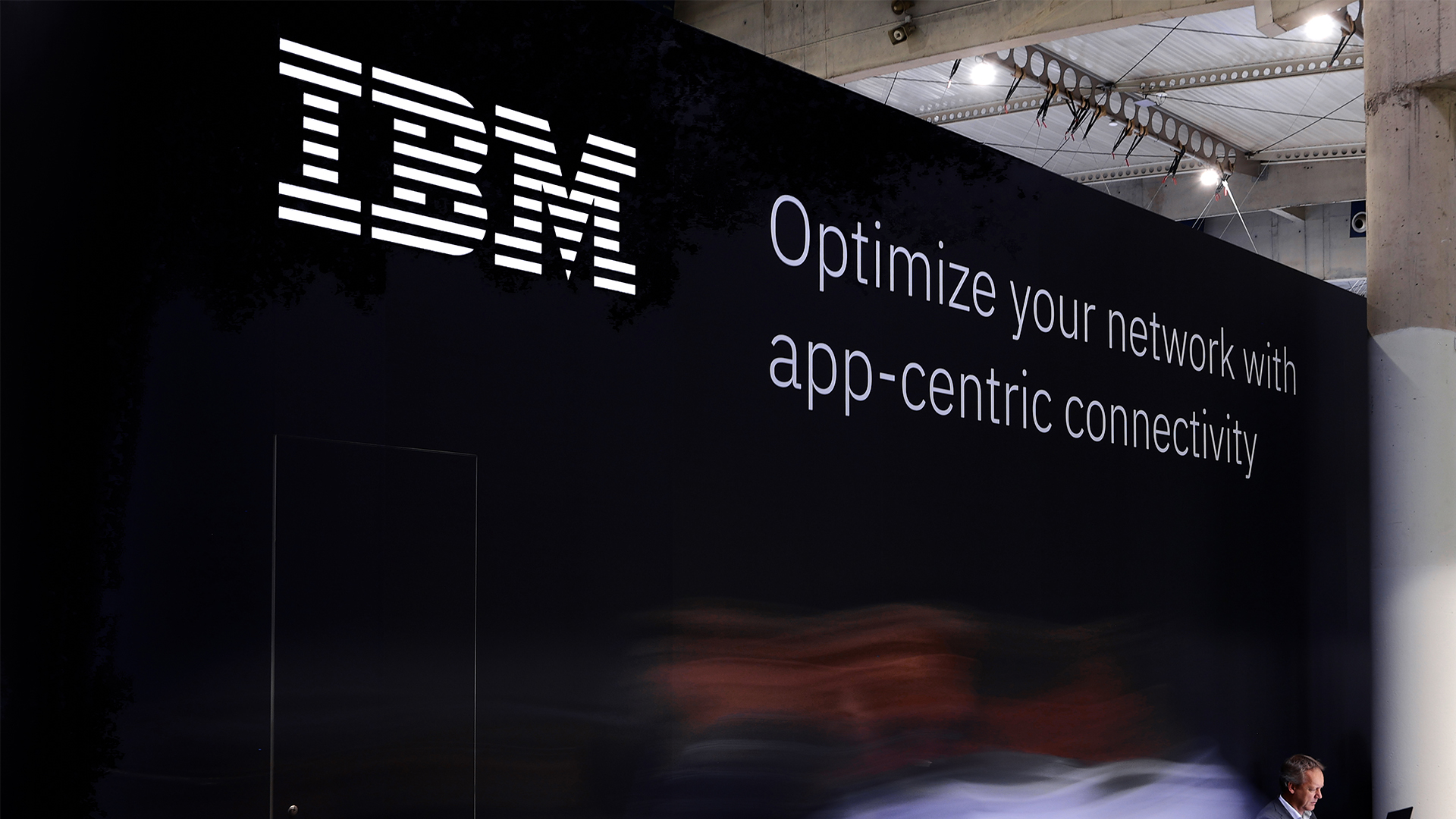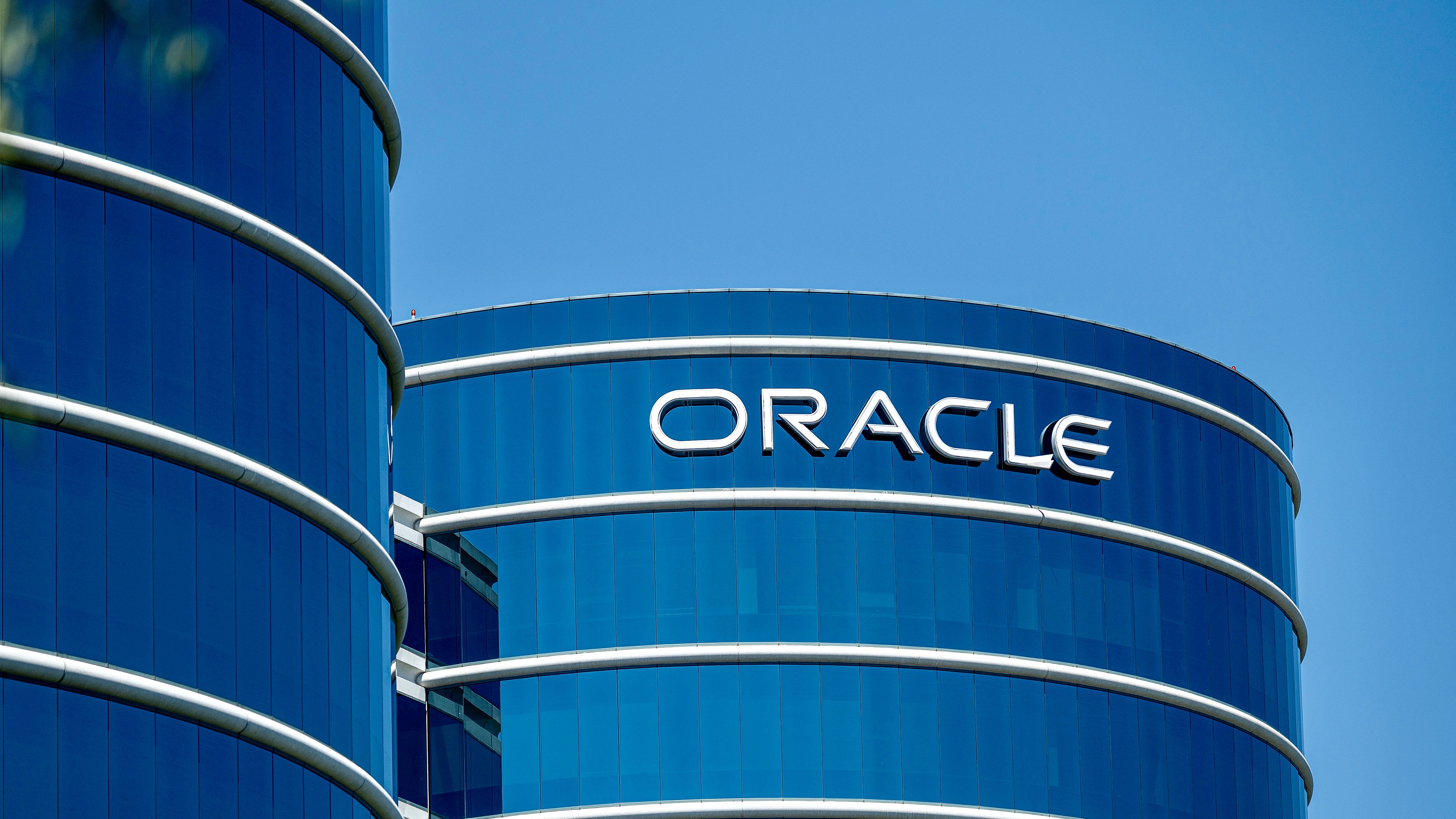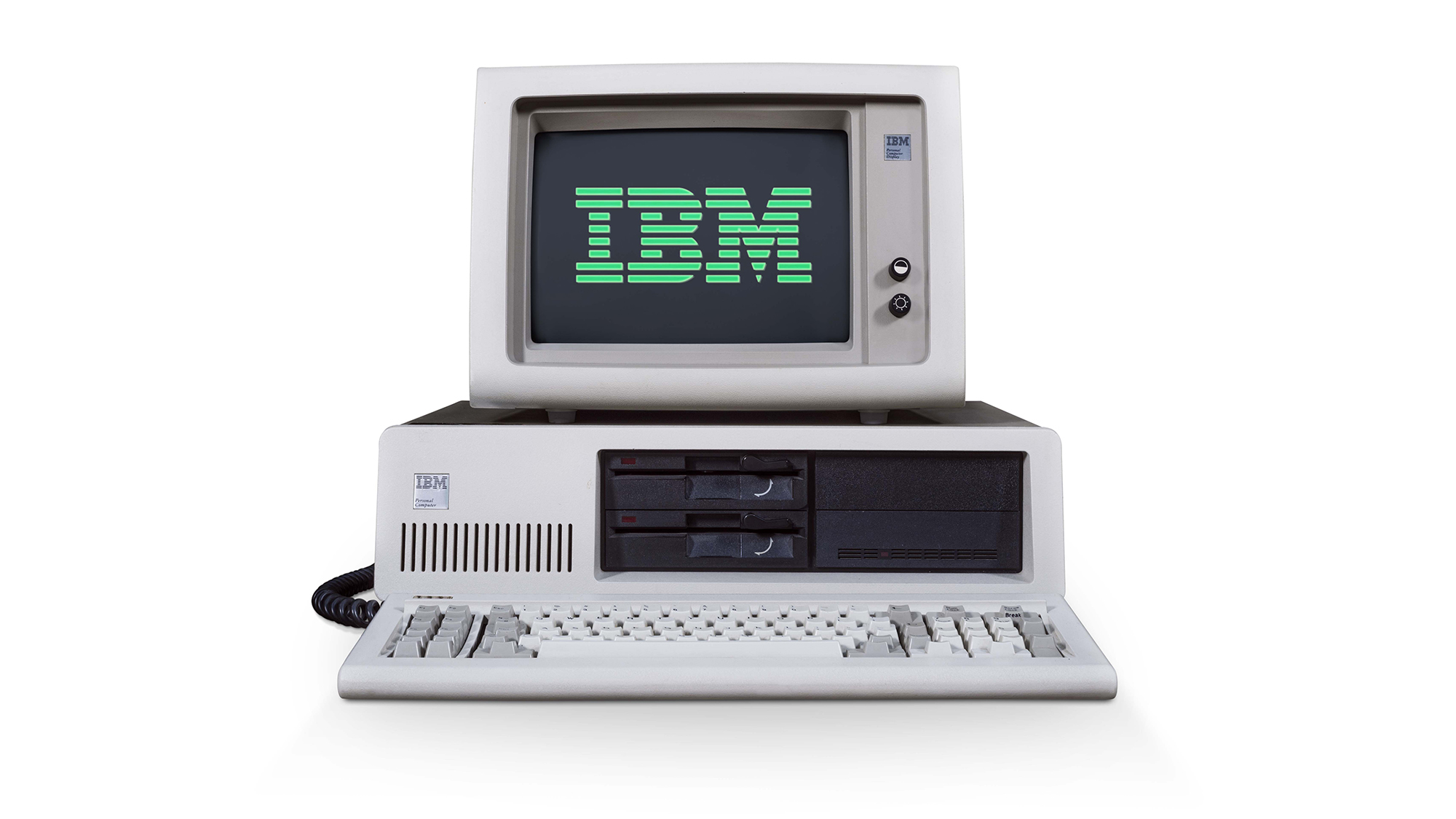Strip mining of open source
Strip mining of open source can be interpreted as the appropriation of free software code for proprietary gain with no intention of feeding code changes back to the community. Open source software developers beware...

Sign up today and you will receive a free copy of our Future Focus 2025 report - the leading guidance on AI, cybersecurity and other IT challenges as per 700+ senior executives
You are now subscribed
Your newsletter sign-up was successful
This is not to complain about the product itself. The product may be good, but the choice seems timid in a potentially breaking market where IBM already has advantage. The effort could have been devoted to developing and marketing the current version of OpenOffice, with better results. (IBM has, after all, joined OpenOffice.org, and has devoted 35 programmers to its development.) Even a complete port of Lotus SmartSuite, which is definitely not free or open source software, would appear to have made more sense from IBM's point of view. Either way a line seems to have been drawn beyond which IBM will not go.
Blue washing
The Linux kernel wouldn't have been possible, technically or philosophically, without the grounding of GNU and the GPL, and it's unlikely that Linux (and its many related projects) would have grown as they have under an alternative licensing model. We have an alternative model in BSD, which despite a ten year start, and initial technical superiority, has failed to capture the imagination of a larger developer community, and has fragmented into several versions.
One of the beauties of open source/free software is that it accommodates people of all religious, national, political and technical backgrounds, without prejudice. There is no assumption that fellow contributors share the same ideals beyond the common purpose of sharing the software. Of its nature free software development is both communitarian and collaborative, and this is its greatest asset. The GPL preserves both the continued integrity and growth of the project. Without the GPL, the corporate user can find advantage in hijacking and forking the kernel, thus discouraging wider contributions from other users. Under the current license large organisations have felt encouraged to share their code contributions, which in some cases have been massive. Linux has become a collaborative project across several industries, which would not be the case without the protection of the GPL.
Fleury's take on this was that OSS strip mining, "is taking open source software built by a community and 'Bluewashing' or 'Blending' within proprietary, closed source offerings; forking/changing the open source code as needed in the process. The community does not benefit from this, but ... shareholders", which he identified with IBM and BEA, JBOSS's main competitors, "absolutely benefit."
In a world where "open source" has become a fashionable way of creating applications and middleware software for "the enterprise", and the Open Source Initiative has been increasingly undiscriminating in its approval of open source licenses, it is important that free and open source developers become increasingly discriminating about the licenses under which they are prepared to release their code.
Sign up today and you will receive a free copy of our Future Focus 2025 report - the leading guidance on AI, cybersecurity and other IT challenges as per 700+ senior executives
-
 Mistral CEO Arthur Mensch thinks 50% of SaaS solutions could be supplanted by AI
Mistral CEO Arthur Mensch thinks 50% of SaaS solutions could be supplanted by AINews Mensch’s comments come amidst rising concerns about the impact of AI on traditional software
-
 Westcon-Comstor and UiPath forge closer ties in EU growth drive
Westcon-Comstor and UiPath forge closer ties in EU growth driveNews The duo have announced a new pan-European distribution deal to drive services-led AI automation growth
-
 Want a return on your AI investment? Open source could be the key to success
Want a return on your AI investment? Open source could be the key to successNews Organizations using open source AI tools are more likely to report a return on investment
-
 IBM just open sourced these generative AI coding models
IBM just open sourced these generative AI coding modelsNews IBM has open sourced models trained on code written in 116 programming languages - and it could make life a lot easier for enterprise developers
-
 Application performance management for microservice applications on Kubernetes
Application performance management for microservice applications on Kuberneteswhitepaper How to improve business-critical app performance in a Kubernetes environment
-
 Can Oracle really be Linux's knight in shining armor?
Can Oracle really be Linux's knight in shining armor?Opinion The self-proclaimed champion of open source freedom would like you to forget about its history
-
 Achieving software health in the microservices age
Achieving software health in the microservices ageWhitepaper Tips and tricks for the new and emerging remediation methods
-
 The true story behind the IBM Personal Computer
The true story behind the IBM Personal ComputerIn-depth The industry-creating IBM Personal Computer 5150 turned 40 this year. To mark the occasion, we reveal the story of its birth – and destroy one long-running myth in the process
-
 Xinuos sues IBM for patent infringement
Xinuos sues IBM for patent infringementNews Lawsuit revisits ancient legal war over Unix code
-
 Log-On Wave for IBM Z simplifies highly virtualized environments
Log-On Wave for IBM Z simplifies highly virtualized environmentsNews The service improves productivity and flattens the learning curve for less-experienced admins